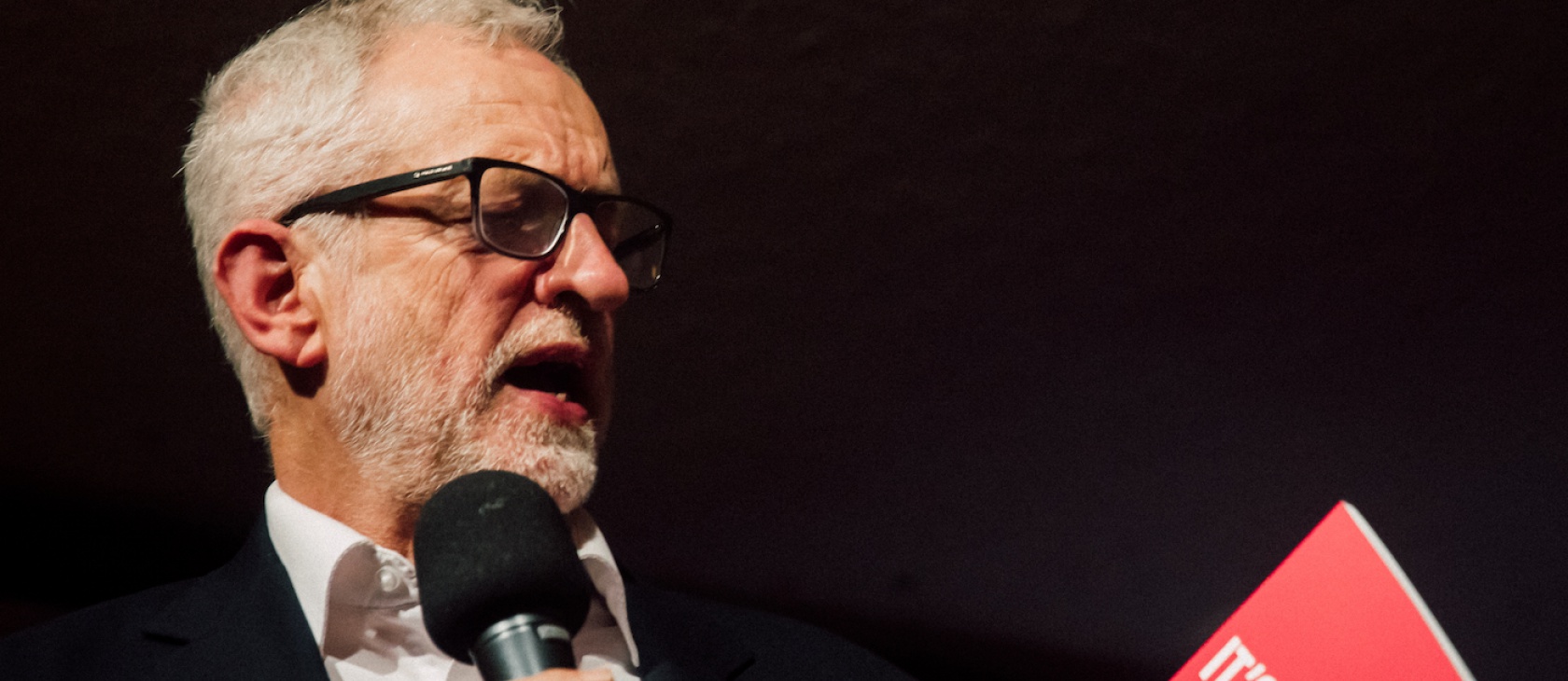The British election is underway. On December 13, for better or worse, the next British Prime Minister will be either Boris Johnson or Jeremy Corbyn. Among the many problems of political elections is the tendency of each side to seek to out-spend the other. However, the Labour Party’s manifesto has set forth some of the most far-reaching, and economically incompetent, measures offered in decades. Some of the proposals are fantasy, others are extraordinarily expensive, but together they represent the kind of socialist advancement of the state into every aspect of economic life that we have not seen for 40 years. The proper response is to advance a coherent intellectual argument for a free economy.
Here are just a selection of the key economic policies announced by the Labour Party.
1. Free internet connections for all.
Every single household in the UK will have a state-provided internet connection without charge. Why should anyone have their internet connection provided by the state? Why should those of us who can afford the charges be subsidised in this way?
As history has shown us, “free” is, in fact, very costly. Aside from the cost of the provision and investment, the existing providers would need to be compensated for the use of the networks, or brought under state ownership. Taxes would rise, as we stop paying for our own internet connection and begin to pay for everyone else’s. Price competition would be removed from the system. If I am not satisfied with my state provided internet service, there will be nowhere else to go. Any future investment or costs will be entirely at the discretion of the Treasury. There will be no incentive for the state to provide my service on a timely basis, repair any problems, or develop new products. Indeed, if a fault develops, I effectively have to call the government.
2. Widespread state ownership of key industries.
The scale of the Labour Party’s proposed renationalisation of private British industry is truly frightening. The Royal Mail, rail-operating companies, energy supply companies, and water and sewerage companies will all be brought into state ownership. Never mind that the pensions of ordinary British workers are invested in these private companies. Is it moral to confiscate people's property and deny the elderly the right to control their own property?
3. Rent control.
The state will regulate a maximum rental charge for tenants. In addition, cities will be given the power to cap rents further and to regulate rental sites such as Airbnb. The outcome of these proposals will be the exact opposite of what is intended. The outcome will be a reduction in the supply of rented accommodation. Corbyn is pursuing a policy that will increase homelessness. It will also cause a deterioration in the quality of the rental housing stock. There is simply no incentive for landlords to improve, invest in, or develop their properties.
The more fundamental question is: Why the state should regulate a private rental site that is within everybody’s free choice to use? Why is that the role of the state?
4. Punitive tax on owners of a second home.
All homeowners in the UK pay a property tax. For those who own a second home (for example, a vacation home), this tax will be doubled. On my own vacation home, this is likely to be an extra cost of at least $2,000. Owners who are affected will spend less in the towns in which our vacation homes are situated, harming these local economies and increasing unemployment.
5. Large-scale increases in personal and corporate tax.
To make matters even worse, every single person in the UK who earns more than £80,000 a year, (around $105,000 U.S.) will see their tax rate rise from 40 per cent to 45 per cent. For those earning over £150,000 per annum ($195,000), the tax rate rises from 45 per cent to 50 per cent. This will result in the large-scale movement of people into a higher tax band, disincentivising any moderate earner to improve his or her earnings through skills acquisition or improved performance/productivity. A resulting cliff-edge will develop at the boundary where the tax rate rises from 20 per cent to 45 per cent.
Their tax policy, combined with a windfall tax on oil companies, will also reduce levels of innovative entrepreneurship and investment. Overall, companies will see their basic tax liability rise from 19 per cent to 26 per cent.
6. A four-day working week.
The most pressing question facing voters about the 2019 UK general election is whether the electorate is equipped to see through the truly devastating effects of these proposals, least of all the 16 year olds who will get the vote under a Corbyn government. No one under the age of 50 remembers the previous attempts at state ownership, the extreme levels of taxation in the 1970s, or the time when trade unions had such a stranglehold on the economy that we worked – not a four-day week, but a state imposed three-day work week – because the state could not supply the electricity to run factories (or homes).
Too many people already do not pay tax or charges for public services. Extending socialist policies have few negative repercussions for them. On the other hand, there are many who see through this sort of con trick, and, to put it mildly, are unpersuaded of the socialist dream. The question is whether enough of them live in the right voting districts to make a difference.
(Photo credit: Jeremy Corbyn. This photo has been cropped. CC BY 2.0.)













